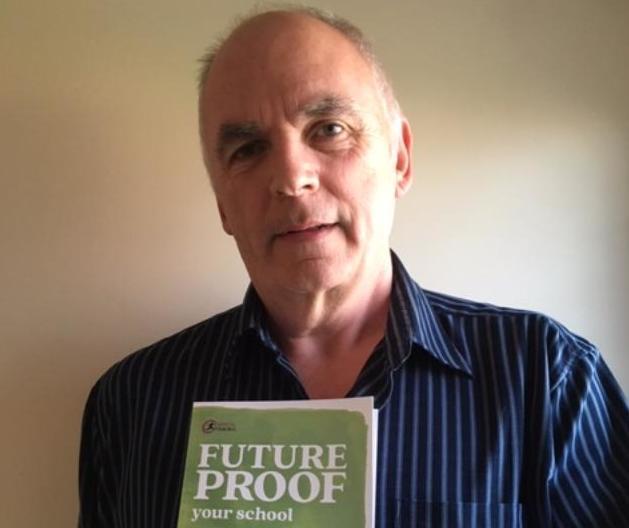
Lessons from Covid 19: No new normal and a cultural reset
It is understandable that schools have been forced into a reactive posture with the onset of the Covid 19 pandemic. This is a grievous assault on learning continuity for pupils, unprecedented, even in the time of the Second World War, when despite the hostilities, education went on largely uninterrupted.
There is much talk of ‘the new normal’; however, the current situation is not normal, it is transitional. This makes it a ripe time to begin conversations about how we recovery, consolidate and move forward from this terrible experience. The discontinuity the pandemic has brought allows us to think far more fundamentally than we would normally do in terms of auditing for future excellence in the development of teacher and pupil learning.
For example, both pupils and staff have experienced new ways of working. They have not been subject to the tyranny of the bell and have been able to choose when and how to work using electronic formats. They have, to an extent, become what we would aspire to make them in our highest expectations: independent and autonomous learners. We can choose in our future planning and professional development to be more ambitious and place independent and autonomous learning front and centre in our culture and recovery plan. To do that, we must reject ‘small thinking’ about recovery planning. In particular we need to resist the idea which reduces the experience of the last nine months to simply an exercise in the development of online learning.
Big strategic thinking could set a new and ambitious paradigm for models of learning which can profoundly improve the effectiveness and efficiency of professional learning and promote more collegiate and reflective practice.
This article explores some dimensions for new strategic learning directions, with important implications for professional development post the Covid Pandemic crisis.
Re-energising professional development
So profound have been the stresses and strains of the last academic year that it will be fundamental to recognise the need to build the welfare and morale of all teaching staff as part of the healing and regeneration process. In “normal times the distribution of continuing professional development (CPD) time may relate to individual, departmental and whole school priorities. However, now there will need to be a new stock-take involving a collective and collaborative response and a collegiate moving on from the experience of the last year. The pandemic will have had profound psychological impacts on staff and students alike and there will be an urgent need to identify and address these promptly if the school is to return to an effective functioning community.